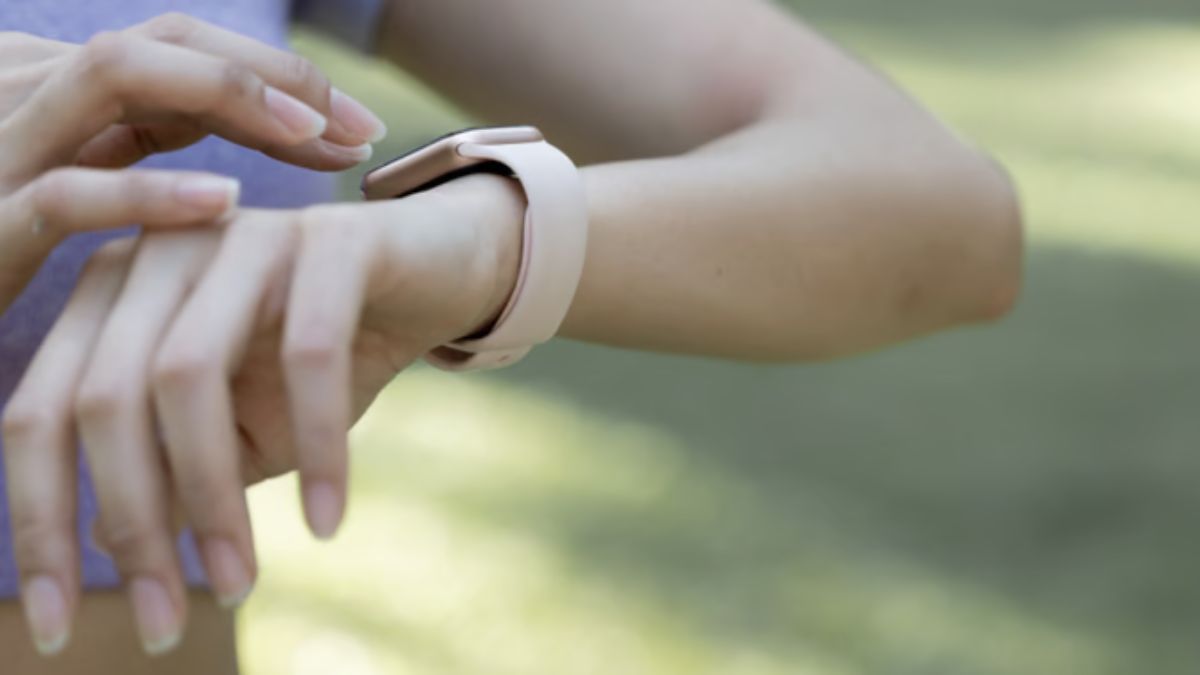Research: Common Wearables And Smart Home Devices May Pose Risk To Cardia Patients
February 24, 2023 By Jozeph P

(Image Credit Google)
According to the University of Utah research, some common wearables and smart home devices could not be secure for people who have pacemakers and other cardiac implants. Additionally, the study's findings were published in Heart Rhythm. It alludes to gadgets like the Fitbit Aria 2 smart scale and the Samsung Galaxy Watch 4.
Furthermore, the bioimpedance analysis you may perform on your body to estimate your body fat percentage is one of the most intriguing characteristics of contemporary technology equipment. In this technique, a little electrical signal is transmitted between two electrodes on the device and your body.
However, the study claims that bioimpedance devices may impair the operation of pacemakers and other cardiac-implantable electronic devices (CIEDs). According to reports, these gadgets stop the CIEDs from working properly. Additionally, Sanchez Terrones, the co-author of the research, contends that these findings warrant more clinical studies that examine how well their findings apply to patients using CIEDs and other wearable technology.
Moreover, this happens because the bioimpedance technology's comparatively weak signal may be used to obtain an incorrect reading of the heart's electrical activity. According to medical expert Benjamin Steinberg, if the pacemaker is confused by interference, it runs the danger of malfunctioning. He cautions that if the interference continues for too long, a patient can lose consciousness or even worse.
[caption id="" align="aligncenter" width="1500"]

Image credit: Tech Times[/caption]
According to the University of Utah's news release, "a
wearable device with bioimpedance could trick [an implantable cardioverter] defibrillator into delivering the patient an unneeded electric shock, which can be painful."
Unfortunately, Terrones claims that no one has looked into whether or not this is a valid concern.
Warnings from wearable device manufacturers
Yet, manufacturers of such goods have long advised people who have pacemakers not to use their products. The Body+ smart scale should not be used if you have a pacemaker or other implanted medical device, according to Withings' support page.
Additionally, with Samsung's Galaxy wearables, including the Galaxy Watch 4 and Galaxy Watch 5, the bioimpedance body-composition feature additionally necessitates the user to pass through numerous warning displays prior to scanning.
On another note, according to research, the bioimpedance functions on smart rings and scales are less dangerous to use than those on smartwatches. According to the study's findings, these devices could affect cardiac implants and produce electric voltage over the ISO 14117 maximum limits for CIEDs.
By Jozeph P
Journalism explorer, tech Enthusiast. Love to read and write.


 Image credit: Tech Times[/caption]
According to the University of Utah's news release, "a wearable device with bioimpedance could trick [an implantable cardioverter] defibrillator into delivering the patient an unneeded electric shock, which can be painful."
Unfortunately, Terrones claims that no one has looked into whether or not this is a valid concern.
Image credit: Tech Times[/caption]
According to the University of Utah's news release, "a wearable device with bioimpedance could trick [an implantable cardioverter] defibrillator into delivering the patient an unneeded electric shock, which can be painful."
Unfortunately, Terrones claims that no one has looked into whether or not this is a valid concern.






